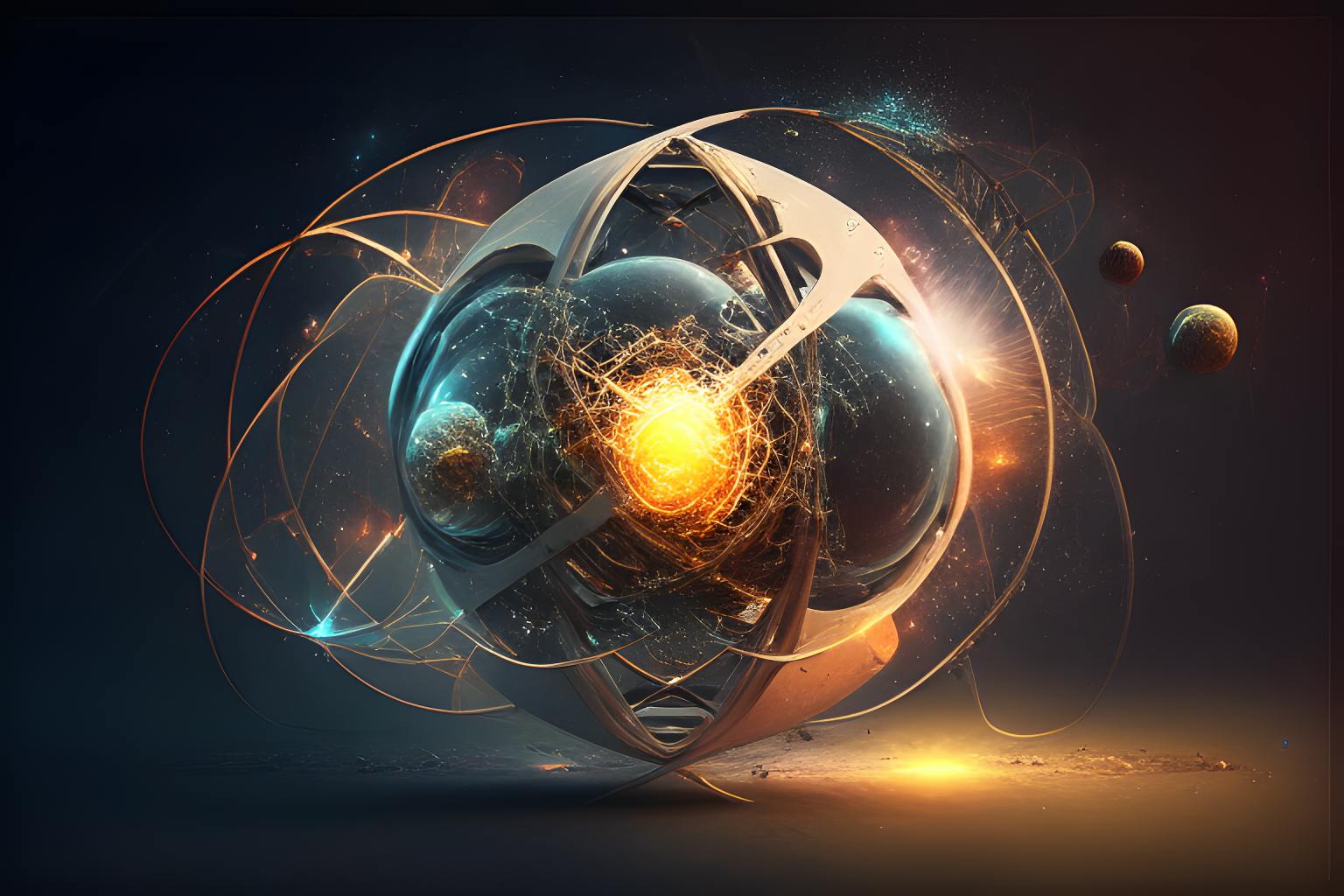796 reads
Your First Quantum Machine Learning Course
by
July 25th, 2023
Audio Presented by

The Digital Futurist. The | Gen AI | Agents | Blockchain | Quantum | Mastery Playbook. Subscribe!
Story's Credibility

About Author
The Digital Futurist. The | Gen AI | Agents | Blockchain | Quantum | Mastery Playbook. Subscribe!
